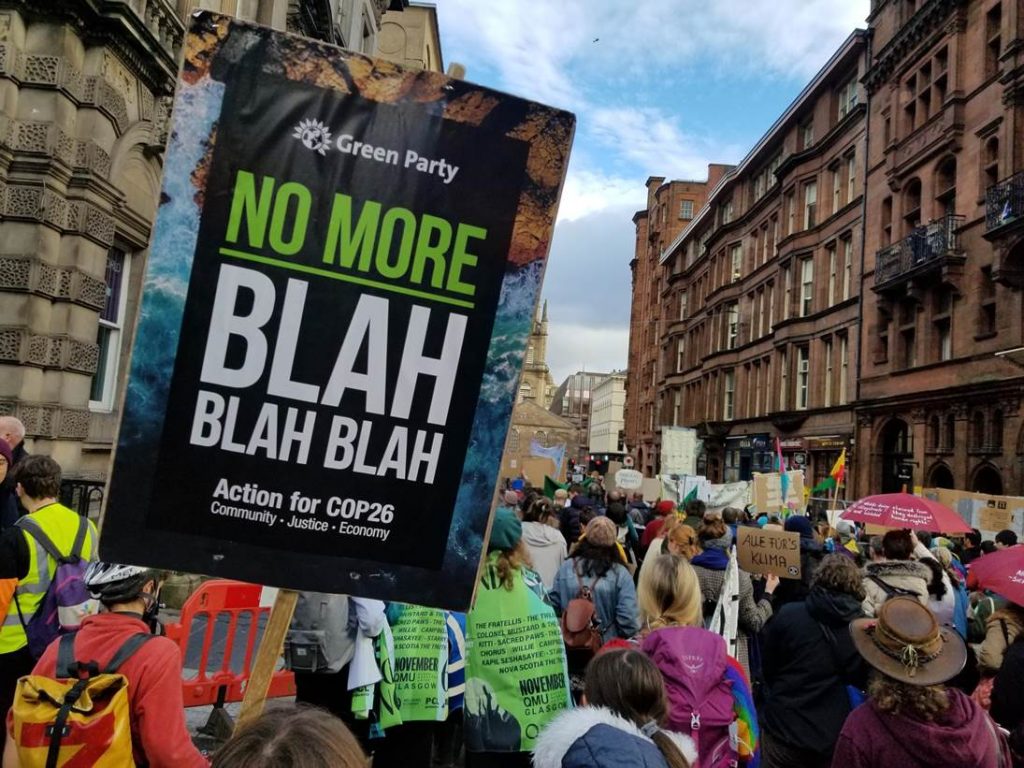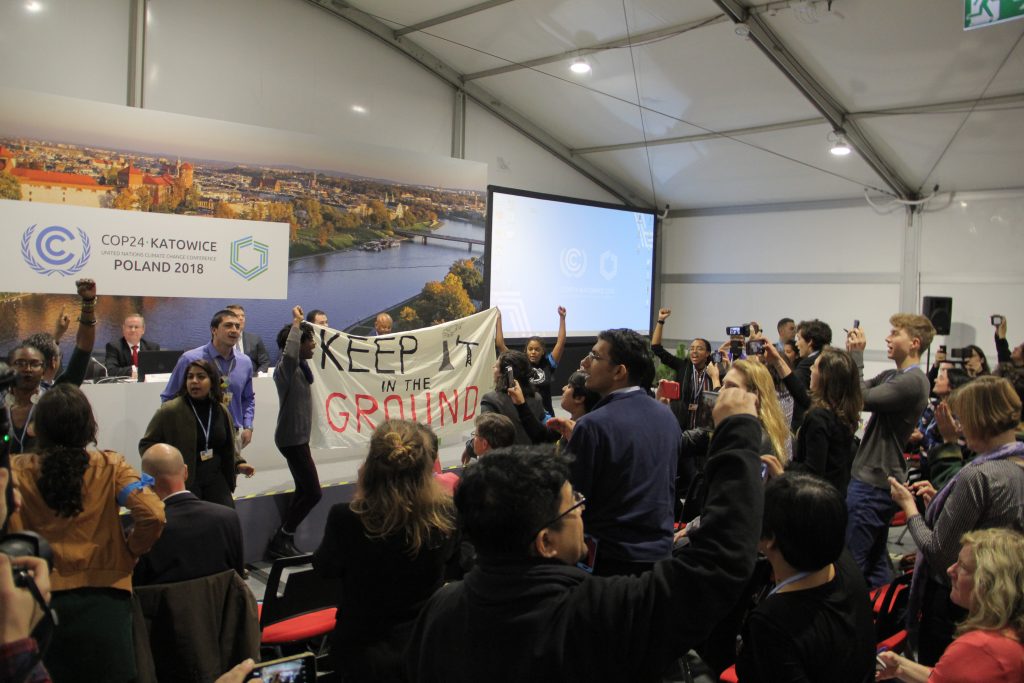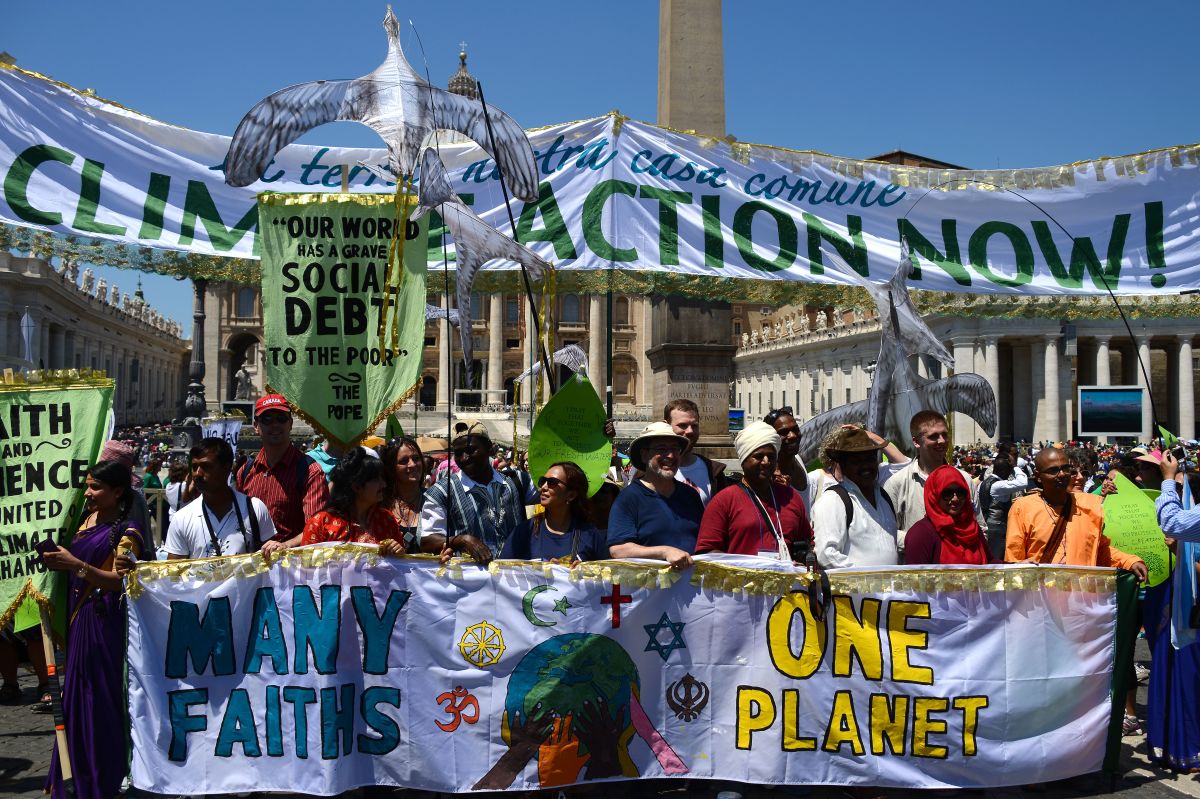
Cause and effect. That’s something journalists covering controversial topics hope for — that our dogged reporting will come to more than praise or complaints from readers, that it might actually have a more tangible impact. About two weeks after my exclusive whistleblower story was published, this story illustrates a clear cause and effect, a tangible impact from my reporting.
On December 14, a liberal Dutch politician from Amsterdam cited specific details from the Enviva whistleblower story as the motivation behind a motion, approved 150-114, to compel the Dutch government to stop paying subsidies to wood-pellet manufacturers found to be untruthful in their wood-harvesting practices. Accountability journalism is a large part of what has motivated me throughout my career, and here at the end of 2022, it is bearing fruit in a way that happens all too rarely.
What this all means for wood pellet producers and energy companies that depend on wood pellets to generate energy as they phase out coal (not an environmentally or climate-friendly swap, scientists tell me) should become clearer in 2023. It is a story I will continue to cover.
Meanwhile, in what amounted to a fabulous gift on Christmas Eve, Bill McKibben, writer, author, educator and one of the leading and loudest US voices in global environmentalism, devoted his last Substack newsletter of the year to my reporting in December 2022. McKibben also promoted my stories out to his vast audience on Twitter, which resulted in an additional enormous response and engagement beyond what we were already seeing with Mongabay’s coordinated social media postings by colleague Erik Hoffner.










